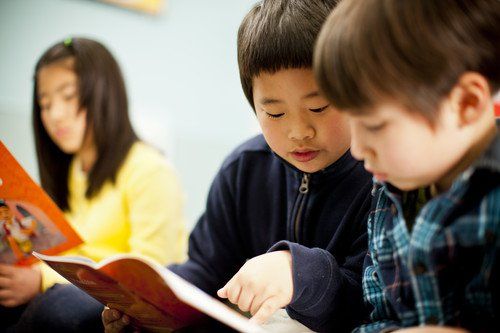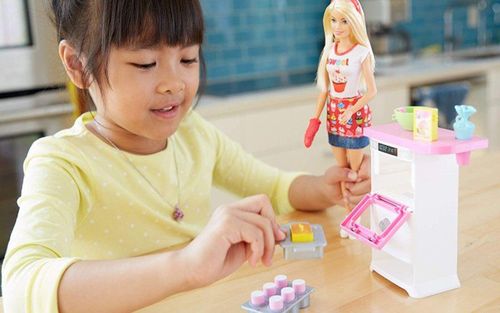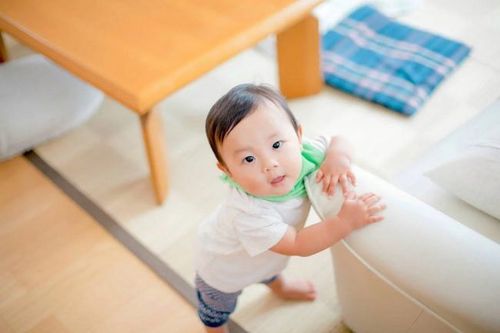This is an automatically translated article.
Playtime is an opportunity to encourage the development of a child's senses (touch, smell, hearing, sight and taste). Through the development of the senses can promote physical and mental development for children.1. How long should each playtime last?
Families can let their children play at any time, as long as they are happy and ready to play. Signs that children want to have fun are calm, eye contact, hand and foot movements and making sounds.Children may want to play more often if they are well fed and rested. It can take time for you to observe the cues that your child wants to play. Be patient to look out for those signs.
2. What fun activities for each sense promote the development of children?
2.1. Vision Although the visual acuity of an infant can only be seen clearly within about 30 cm. However, beyond this range, your baby can still see your face in detail. Observing parents' facial expressions and behaviors helps develop children's social skills.From 2 months old to 4 months old, babies begin to make eye contact. Thus, family responses to children's behaviors can help increase awareness and strengthen children's ability to bond with their parents.
Families can develop their baby's senses by performing the act of moving the toy slowly across the baby's line of sight. Specifically, it has the effect of developing children's coordination skills of head and eye movements in observing the surrounding objects.
2.2. Tactile From about 5 months old, babies can start reaching for objects. Therefore, at this stage, you can develop your baby's senses by placing toys within the child's reach and eye level.
The child can react to objects placed in front of him through actions such as crawling over, stretching his limbs or rolling towards it. Rattles or movable toys for children to kick have the effect of teaching children about the law of cause - effect.
2.3. Hearing When you talk to your child, give your child the opportunity to respond with a smile or unspoken voice. When the child responds, respond to the child. This helps them feel that you are interested in what they say and encourages their ability to speak and understand language.
For parents, laughing and babbling with children has a positive impact on health. It can help stimulate the release of the hormone oxytocin, which strengthens the bond between parents and children.
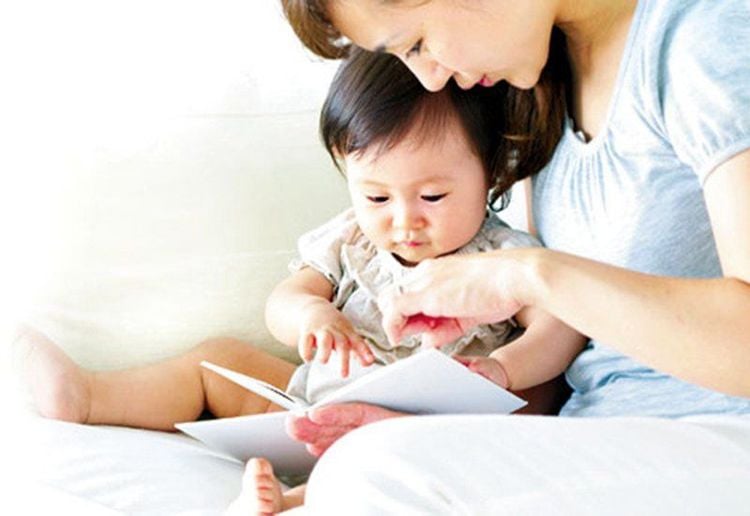
Khi bố mẹ nói chuyện với trẻ, hãy cho trẻ cơ hội đáp lại bằng nụ cười hoặc tiếng nói chưa thành lời của trẻ
3. Signs that your baby has played enough?
Baby's attention span is much shorter than that of older children and adults. Babies can quickly become overwhelmed by too much stimulation. Signs that your baby may be feeling tired or bored include:Rubbing his eyes, looking away, crying, arching his back, closing his eyes or falling asleep When you think your baby has had enough play, you should let him rest. Rest by cleaning up toys and just cuddling or singing softly to your baby. If your baby seems sleepy, try putting him to sleep.
4. Do extracurricular activities help develop children's senses?
As your baby gets older, you may want to consider taking your child to group activities like music classes. Although babies don't really start playing with other children until one and a half years old, participating in group activities can provide other benefits.A study on 6-month-old children participating in music classes, in which, group 1 heard movement songs and played musical instruments, group 2 listened to music and played with toys. The results showed that group 1 babies had a better sense of musical pitch and had better communication skills than group 2 babies. However, the study did not explain whether group 1 babies had better communication skills. develop these skills through listening to music with their parents at home.
Group activities can also be a great way to meet other families and find future playmates for your child. This is a great excuse to get out of the house and stimulate your senses.
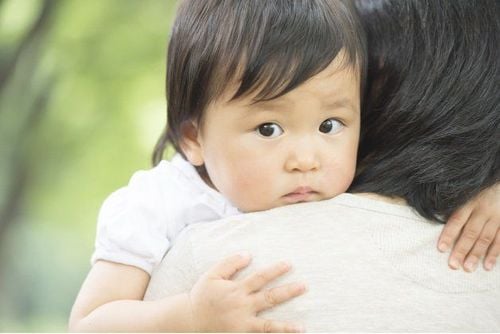
Khi bé lớn hơn, bố mẹ có thể cân nhắc đưa bé tham gia các hoạt động tập thể như lớp học âm nhạc
Parents should supplement their children with supportive products containing lysine, essential micro-minerals and vitamins such as zinc, chromium, selenium, and B vitamins to help fully meet their child's nutritional needs. At the same time, these essential vitamins also support digestion, enhance nutrient absorption, help improve anorexia, and help children eat well.
Parents can learn more:
Signs of zinc deficiency in children
Micronutrient deficiency and failure to gain weight in children
Please regularly visit Vinmec.com website and update useful information to take care of your child. Take care of the baby and the whole family.
Reference source: babycenter.com






